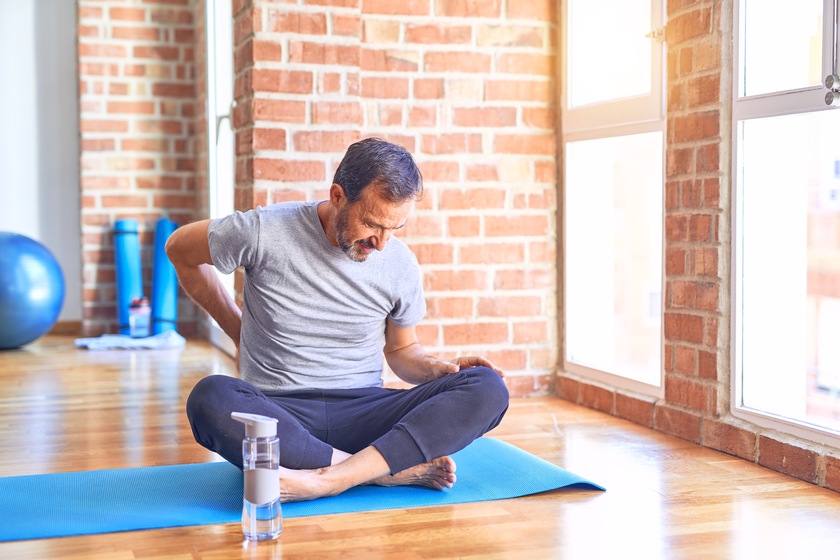Regular senior exercise is important for maintaining physical and mental health, especially as we age. However, too much of a good thing can be bad. Over-exercising can have negative effects on the body, especially on aging bodies. In this article, we’ll explore the 7 bad effects of too much exercising on your aging body.
Increased Risk of Injury
Over-exercising can put excessive strain on your joints, muscles, and bones, increasing the risk of injury. This is especially true for the elderly, who may already have weakened bones and muscles due to age-related issues like osteoporosis or arthritis. Over-exercising can exacerbate these issues and increase the risk of fractures or sprains.
Fatigue and Burnout
Too much exercise can lead to fatigue and burnout, making it difficult to maintain a consistent exercise routine. This can be especially discouraging for elderly folks who may already struggle with low energy levels or chronic fatigue. It’s important to listen to your body and not push yourself too hard, especially as you age.
Weakened Immune System
Intense exercise can weaken the immune system, making it harder for the body to fight off infections and illnesses. This can be especially concerning for the elderly, who may already have compromised immune systems due to age-related issues or chronic health conditions.
Cardiovascular Problems
Over-exercising can put excessive strain on the cardiovascular system, leading to issues like high blood pressure, irregular heart rhythms, or even heart attacks. Elderly folks are already at an increased risk for cardiovascular issues, so it’s important to exercise in moderation and under the guidance of a healthcare professional.
Increased Stress Levels
Exercise can be a great stress reliever, but too much exercise can increase stress levels. Over-exercising can lead to the release of stress hormones like cortisol, which can have negative effects on the body over time. This can lead to issues like anxiety, depression, and even weight gain.
Muscle Loss
Believe it or not, too much exercise can lead to muscle loss. This is because intense exercise can cause the body to break down muscle tissue faster than it can rebuild it. For elderly folks, muscle loss can be especially concerning, as it can lead to issues like weakness, falls, and loss of independence.
Decreased Quality of Life
Finally, over-exercising can actually lead to a decreased quality of life. When exercise becomes an obsession, it can take over other aspects of life, leading to social isolation, anxiety, and depression. It’s important to maintain a healthy balance between exercise and other activities that bring joy and fulfillment.
Exercise is important for maintaining physical and mental health, especially as we age. However, too much exercise can have negative effects on the body, especially for elderly people. By listening to your body, exercising in moderation, and seeking guidance from healthcare professionals, you can maintain a safe and healthy exercise routine that supports your overall well-being.
Don’t let the desire to stay fit and active lead to negative consequences. Remember, balance is key! By exercising in moderation and taking steps to prevent injury and overexertion, the elderly can enjoy the many benefits of regular exercise without putting their health at risk!







